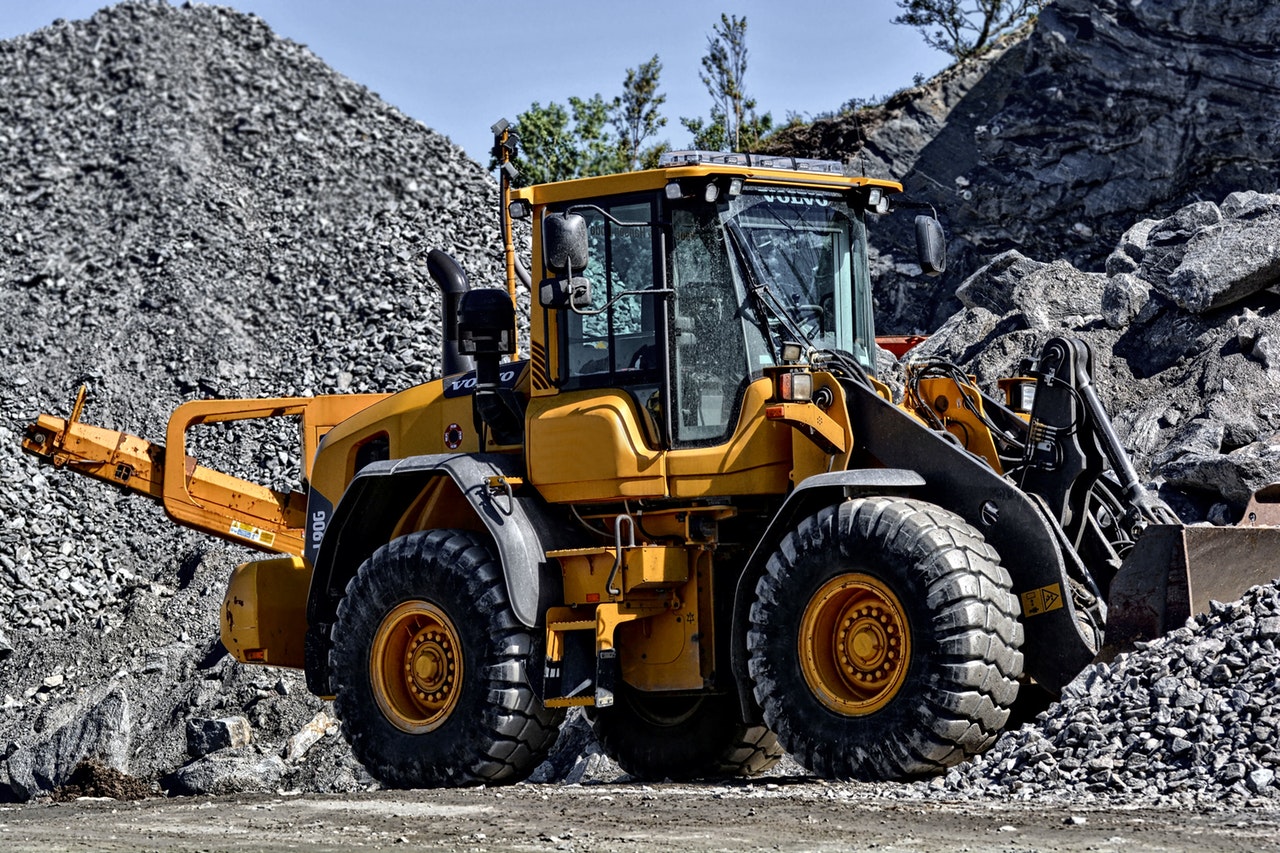Estimated reading time: 5 mins
Capital Expenditures (known as CAPEX) and Operating Expenses (also known OPEX) are two distinct categories of business expenses. Do a google search and you will find lots of information and opinion on their relative merits. The two types are treated very differently by accountants and market analysts.
Operating expenses (OPEX) are the day-to-day expenses required to keep the business operating. The purchased items or services are short-term costs and not expected to outlast the same accounting period in which they were purchased. For example, energy bills, wages, postage, advertising, maintenance are examples of OPEX.
Whereas CAPEX, generally speaking, is used for big company purchases that will have a current and/or future use by the business. Simply put, it’s spending for a future gain or to avoid a future loss. Purchases made as OPEX have an accounting tail as they’re held on the company balance sheet for a set period (normally three or five years – in accounting circles this is known as depreciation for tangible assets such as machinery or property, or amortisation for intangible assets such as patents or trademarks.)
A simple example would be:
- A factory machine with a lifespan of 3 years (before it needs replacing) is bought for $300,000
- Every year during its useful life, the value of this machinery declines uniformly each year by $100,000
- After one year, the machinery is worth $200,000; after two years it is worth $100,000
- And after three years it is worth $0 where is assumed to be written off the books.
The amount of time an item is depreciated/amortised depends on the type of the time itself. Real estate property, for example, can be depreciated over twenty years.

A summary of the differences is:
| OPEX | CAPEX | |
| What it means | Costs are incurred at the time of purchasing an asset | Expenses are incurred regularly |
| Term | Long-term | Short-term |
| Used for | Machinery, property, expansion and upgrades, vehicles, infrastructure, patents, trademarks, copyrights | Bills, administration, sales costs, licenses, insurance, salary and raw materials |
| Accounting impact | Tangible assets are depreciated over a fixed period. Intangible assets are amortised over a fixed period. | Deducted within the same accounting period as purchased |
| Profits | Gradual | Fast, but short-term |
| Source | Borrowing from banks or financial institutions | Cashflow (retained earnings) or short-term loans |
Brice Capital: Why many companies tend to prefer OPEX, as a rule of thumb
One of the big changes in Information Technology, over the last decade, has been in Cloud Computing. One of the major benefits of cloud, it is said, is that it moves CAPEX costs (more specifically infrastructure and property to accommodate it) into OPEX (a fee paid for a service per month). This makes these costs more affordable from a cashflow perspective, as the initial outlay isn’t required. OPEX becomes a small impact on cashflow rather than a massive single cost.
Another benefit of using OPEX – possibly the most attractive of all – is that in (in the USA) Operating expenses are completely tax deductible. Therefore it is more attractive for a company to lease an item and assign its cost to operating expenses rather than purchase it.
OPEX tends to be less risky in changing markets, because contracts can be terminated early (with some penalties) and the company is left with no further liability. A wrong choice in equipment choice, for example, could leave a company with a useless asset that continues to cost money over a fixed period.
When CAPEX is good for your Small Business
Brice Capital: It’s all about the assets
OPEX is generally preferable because of its tax advantages and it doesn’t add to the balance sheet. But it isn’t always the best option. With CAPEX, you are investing in an asset that your business will put to use. This means your company owns the asset, which can be re-sold for cash at a later date. Therefore, for assets that are appreciating, such as property, then the value of the asset grows whilst the depreciated value of the asset decreases – your business could be quids in if the value of the asset grows beyond expected rates.
One of the big advantages of CAPEX comes about when your business has growth plans and needs to borrow money from a bank to do so. Generally speaking, banks don’t take big risks (especially since the market crash of 2007/08) – they tend to be mostly cautious with their money – so business loans are always secured against an asset of which the asset value can be materialised (or liquidated should your business fail). So CAPEX is a good option for borrowing from a bank because the bank reduces their risk by the security of the asset, which in turn means the borrower pays back the loan at a low interest rate. Mortgages have a much lower interest rate than other forms of loans.
The alternative is to lease equipment, which essentially means that the use of an asset becomes an operational expense (OPEX), of which fees are levied by the leasing companies to cover the costs of depreciation to themselves plus administration costs. This has the advantages described above for OPEX, but the disadvantage is that, for some companies, the administration costs and fees of leasing are greater than the costs of a CAPEX loan.
For businesses that pride themselves on industry-leading operational excellence and are experienced in maintenance of specialist equipment, the residual value of an asset when disposed can be greater than if provided by a lease company. Equally, businesses who are great at acquiring, protecting and selling patents and other intangible assets will find that the long-term value of their asset is greater than if they were to have just licensed the technology.
Conclusion – when is CAPEX good for small business?


Small businesses who are specialists in their field and are savvy about the full life-cycle (selecting, purchasing, utilising, maintaining and disposing) of an asset will find CAPEX budgeting a financial advantage, if markets are stable enough to guarantee conditions over a fixed period. In the end, it could save money when compared to a deal with a lease company, who may not be as experienced as realising the maximum value of an asset.
